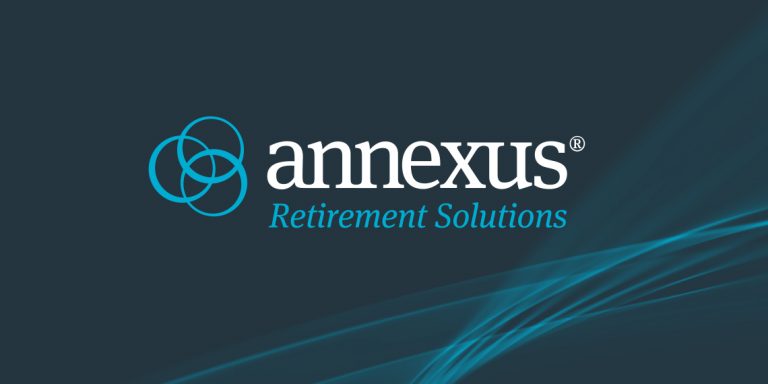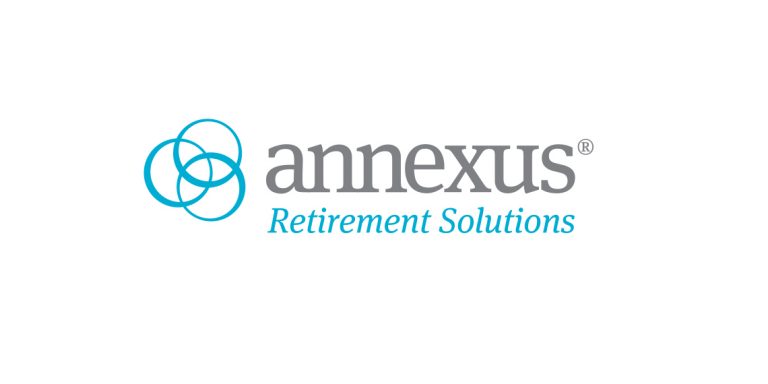New ARS CEO Touts Benefits of Lifetime Income Solution
by Ted Godbout
This article was originally posted by NAPA.
Dave Paulsen, recently named Chief Executive Officer (CEO) of lifetime income design and technology firm ARS, has a message to share about lifetime income—and why he feels its offering is unique.
Since joining ARS at its inception in 2020, Paulsen has lead efforts to promote and expand the company’s Lifetime Income Builder solution, which offers a guaranteed income strategy by embedding it within the investment portfolio as an underlying holding with its own daily unit value.
In an interview with NAPA, Paulsen explained that the product was created to help solve the guaranteed lifetime income problem facing participants without requiring tradeoffs in growth, liquidity or ease of use.
3 Primary Trade-Offs
This topic arises because numerous studies show that a large majority of participants say they want a lifetime income option, but the actual take-up rate remains low. As such, ARS conducted a number of focus-group interviews to determine what participants want and found that there are three primary trade-offs concerning the things they do not want to give up.
“First, participants don’t want to give up long-term accumulation, or more importantly, have less growth than they would have otherwise,” Paulsen noted. “The second thing is they want to maintain control to and through retirement, which means it needs to be liquid at all times, even including after retirement, as well as it has to be portable. And the last thing they said is, make this easy so I don’t have to make any decisions—have a fiduciary who will make all the decisions for me, which is how we set our solution up as well, so we tried to answer those three primary kinds of trade-offs.”
Charles E.F. Millard, who participated in the call and is a former director of the Pension Benefit Guaranty Corp. and a Senior Advisor for ARS, further underscored that their option is fully liquid, even once in pay status.
“If you’re a CIO or the head of benefits, you’re not going to default people into something where the plan is that, at some point, they can’t get out of it. And if you want to solve the retirement problem, you need a default solution and the only default solutions that really will work is to be fully liquid even when they’re in pay status,” Millard suggested.
When asked about the firm’s patent application for their Lifetime Income Builder, the pair noted that it is still pending. “We actually filed the first one four years ago and revamped it again about 18 months ago, but it’s almost impossible to patent an idea or an algorithm, which is what our secret sauce really is,” Paulsen noted. That said, he explained that what they strove for is to build a technology that administers how they can take what is, in essence, a big group annuity and have it valued every day like a mutual fund so that it has its own NAV. “It’s so unique in the industry; there’s not another annuity like that,” he noted.
Industry Innovation
In speaking with both Paulsen and Millard, they seemed to share a sense of frustration over what they suggested is a lack of acknowledgement that there has been innovation in the industry.
“I jokingly say all the time, I don’t drive the same car that I drove 40 years ago. I don’t have the same phone that I had 30 years ago. Why is our industry continuing to talk about yesterday’s solutions and trying to solve today’s problems? I mean, once again, there are good solutions out there,” Paulsen emphasized.
Part of the issue, they believe, comes down to better educating advisors and plan sponsors about the latest innovations and how they can produce better outcomes for participants. To that end, ARS has forged strategic partnerships with some of the industry’s leading asset managers, insurance providers, and recordkeepers, and plans to announce additional partnerships. They are also in active discussions with more than 30 mega-plans and nearly 1,000 advisors.
For advisors, the pair observed that it makes sense for them because they can better serve their plans. “That also means that it’s better for the plan sponsor because they’re going to have lower record-keeping costs and it’s good for the asset manager because those assets remain in the plan longer, and it’s good for the recordkeeper,” Paulsen further emphasized.







